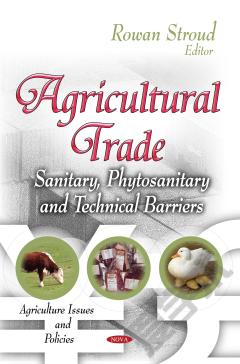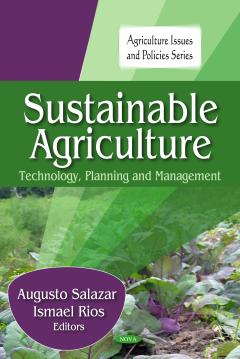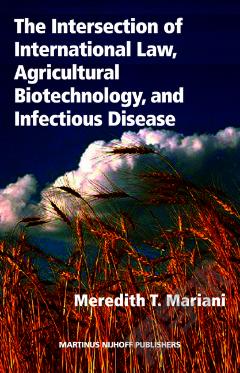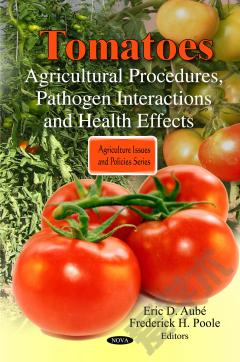Agricultural Trade: Sanitary, Phytosanitary and Technical Barriers
Sanitary and phytosanitary (SPS) measures are the laws, rules, standards, and procedures that governments employ to protect humans, animals, and plants from diseases, pests, toxins, and other contaminants. Examples include meat and poultry processing standards to reduce pathogens, residue limits for pesticides in foods, and regulation of agricultural biotechnology. Technical barriers to trade (TBT) cover technical regulations, product standards, environmental regulations, and voluntary procedures relating to human health and animal welfare. Examples include trademarks and patents, labeling and packaging requirements, certification and inspection procedures, product specifications, and marketing of biotechnology. SPS and TBT measures both comprise a group of widely divergent standards and standards-based measures that countries use to regulate markets, protect their consumers, and preserve natural resources. This book describes formal challenges involving SPS/TBT that the United States has brought against some U.S. trading partners, which have resulted in trade disputes that have been, or continue to be, reviewed by the World Trade Organization (WTO). It also discusses the United States and European Union hormone and use of pathogen reduction treatment disputes; and the country-of-origin labeling for foods and the WTO trade dispute on meat
{{comment.content}}








 京公网安备 11010802027623号
京公网安备 11010802027623号